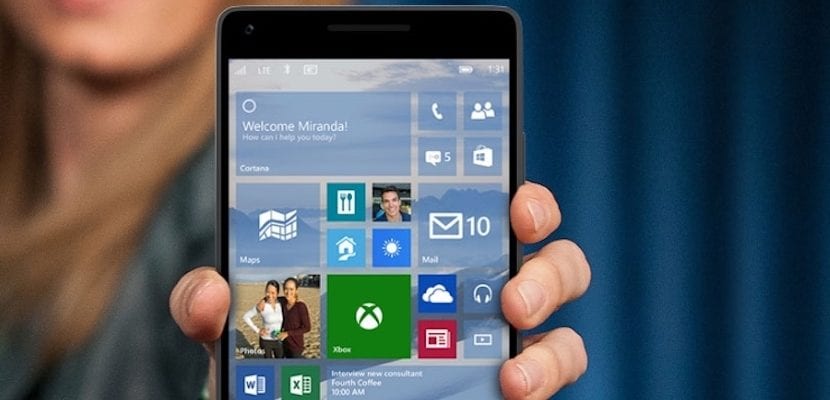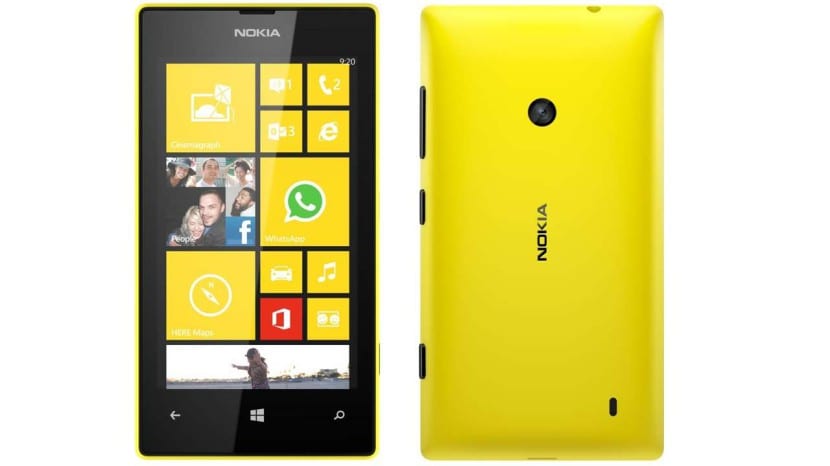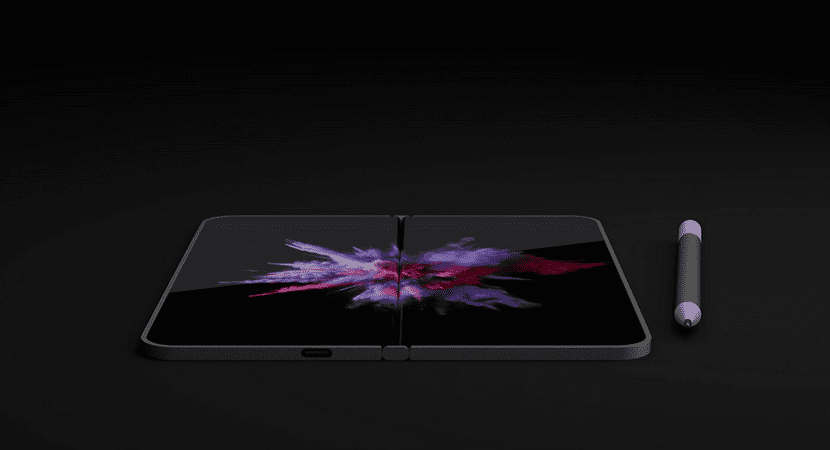
In recent years, we have seen any attempt at a new operating system to try to gain part of the market share shared by both Apple and Google has gone to the fret. Microsoft was the last to try it with more or less emphasis, due not only to the size of the company but also to the fact that it had previously bought Nokia's mobile division.
Windows Phone was the name of the first operating system that Microsoft launched for its new range of smartphones, by Steve Ballmer (who insisted on buying Nokia) an operating system that left much to be desired in terms of functions and obviously applications . With the launch of Windows 10 Mobile, the applications and were not a problem (at least initially), since those that should arrive at the Microsoft store had to be universal, that is, work both on PC, mobile devices and Xbox.

The idea itself was nothing, in fact, it is an idea similar to what Apple is doing now with the project Marzipan, but it did not finish curdling among the developers due to the low sales of these terminals. The low sales of Windows terminals were largely due to the lack of interest of the company itself in promoting them as an alternative to the ecosystem of the moment.
Microsoft could have reached different agreements with the large operators to offer its subsidized terminals in order to try to gain a foothold in the market and from there begin to gain greater market share. But also, Microsoft got caught up in the post-PC eraTherefore, users who wanted to stop depending on their computer were increasing and did not see with good eyes the integration of a mobile operating system with a desktop one.

In 2017, two years after launching Windows 10 Mobile, Microsoft announced that it was abandoning the platform entirely and that it would not add new features or bring new devices to market. Since now, much has been speculated about the possibility that the company had in the bedroom a new model, the Surface Phone, a terminal with which the Redmond-based company would slap across the table to demonstrate how things can be done well by unifying two ecosystems.
Since that announcement, Microsoft has continued to release security updates for Windows 10 Mobile. Nevertheless, as of December of this year, it will stop doing it completely, so that all users who today continue to trust Windows 10 Mobile, if they want a terminal that continues to receive security updates, they will have to assess the rest of the options available in the market, iOS being the best in this regard.
In the article that the company has published to make this announcement, Microsoft advises users to switch to iOS or Android. After support ends, Satia Nadella's company will continue to allow users to back up their files for the next three months, until March 2020. From that date, All servers currently serving mobile devices managed by Windows 10 Mobile will stop working.
Windows 10 ARM
The phone that can replace your PC (?) pic.twitter.com/OC9XBeWkdT
- Ben | imbushuo (@imbushuo) May 12, 2018
In recent years, Microsoft has focused on the development of Windows 10 ARM, a lighter version of Windows 10 but which works with processors with ARM architecture, so they could work without any problem on smartphones managed by Qualcomm processors In fact, the Nokia 950 XL, the latest terminal that Microsoft officially launched with Windows 10 Mobile, is capable of running this version of Windows without problems.
Although today we can already find different models of laptops managed by an ARM processor and Windows 10, it is still too early for these computers to become an interesting attraction for users who still have the need to use a computer on a day-to-day basis, not only because of its features, but also because of its price.
In recent years, we have seen some manufacturers like Samsung through Samsung DeX, which allows us to connect the equipment to a monitor and keyboard to turn the smartphone into a regular computer. Apple has begun to offer a similar solution by adding a USB-C connection to the iPad Pro that it presented last year and to which we can connect practically any device, although for now, the limitations of iOS 12 do not offer the versatility that it should offer us. .
Is this the future of mobile telephony? Time will tell, but at the moment there are many indications that it will be so. What do you think of the idea of having two operating system interfaces on our smartphone that are activated according to the devices we connect to it?
DEP Windows Mobile. Honestly, they weren't bad at all, the problem was always the low market share they had, which directly affects the number of apps available, since developers don't want to waste time and money. At least let's face it, they put the idea of turning the phone into a computer on the table. I hope that in the future that functionality will be included in any smartphone. We carry super powerful "computers" in our pockets and it is a pity that we cannot get all the performance that they would have connected to keyboard and external screen. Especially for people who travel a lot for work like me, the idea of not having to carry a mobile phone and a laptop is very appetizing. However, I think that Apple will take a long time to offer a service like the Samsung DeX and when it does it will be super capable because it would directly affect the sale of Macs. Either that or it will sell the iPhones for gold (even higher).